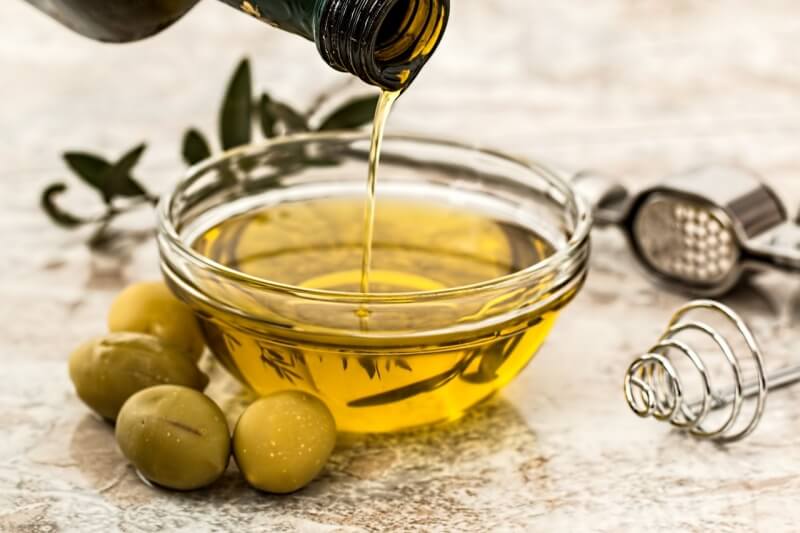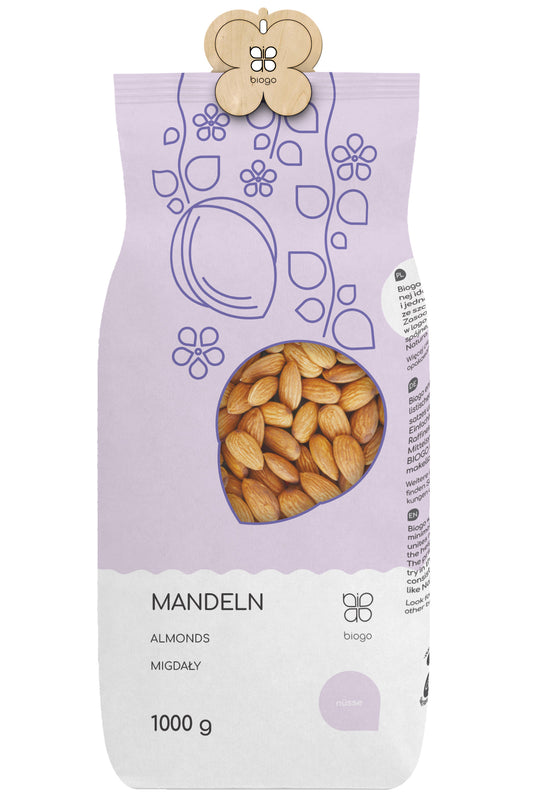Facts and myths about fat. Which fats to choose in a healthy diet?
CONTENTS
- Myth: Fat is bad and makes you fat
- Fact: We need fat
- Which fats should be avoided?
- Which fats should you include in your diet?
From time to time, various dietary fads emerge among people interested in healthy eating or weight loss. Many people, especially very young people, follow low-calorie diets that don't provide enough energy. Others exclude individual ingredients or product groups from their diet, such as carbohydrates or fats. It should be emphasized that this dietary approach is inappropriate and does not bring long-term benefits to our bodies. Today we will look at diets that eliminate fat.
Myth: Fat is bad and makes you fat
There is a widespread belief that fat has a negative effect on our bodies, causing excessive weight gain and a host of diseases. This is only half the truth and applies to a certain type of fatty foods. In fact, fats have a high calorific value – 1 g of fatty acids contains a whopping 9 kcal (while carbohydrates or proteins have 4 kcal). However, it should be remembered that we most often eat them as an accompaniment to meals, so the calories consumed from fat may be proportionally lower than from other macronutrients. Some fatty acids can contribute to the development of diseases related to the cardiovascular system. However, this only applies to certain types of fat and, moreover, when consumed in excess.
Fact: We need fat
Fat itself is essential for the functioning of our body. Without it, the most important vitamins are not absorbed: A, D, E and K. This means that by eliminating fat from the diet, we run the risk of nutritional deficiencies and, in practice, we may have problems with immunity, eyesight, the condition of the skin, hair and nails, and many other functions of the organism. In addition, fatty acids are extremely important for hormonal balance, especially in women. If we deprive ourselves of them in food for a long time and, in addition, use low-calorie diets, it is possible to lose the menstrual cycle and other hormonal problems.
Many people are familiar with the division into healthy and unhealthy fats, with the first group easily categorized as plant products and the second as animal products. In reality, however, this isn't such a black-and-white division. Animal (saturated) fats also contain cholesterol, which has unfairly become the subject of harmful myths. In fact, cholesterol in the right amount and proportion is necessary for our functioning. In addition to influencing our hormonal balance, the proper functioning of our nervous system and the efficient regeneration of the body depend on it.
Which fats should be avoided?
In practice, we should therefore limit certain types of products containing saturated fat from our diet, although not necessarily eliminate them completely. For the sake of simplicity, we can say we're talking about animal products, but remember that we also need them (more specifically, cholesterol). So let's try to eat as little as possible from products like pork, lard, or high-fat dairy products.
There is one particular group of fats that we should avoid like the plague. These are trans fats. This is one of the few groups of ingredients whose complete avoidance brings us nothing but health benefits. Trans fats are often listed on product labels as "partially hydrogenated" or "partially hydrogenated" vegetable fats. They contribute significantly to cardiovascular disease and atherosclerosis, raise levels of "bad" cholesterol, and increase the risk of diabetes and some cancers. They are found in fast food products, salty snacks such as chips, but also—often surprisingly—in confectionery, particularly those containing cream.
Which fats should you include in your diet?
Once we know what to avoid, let's consider which sources of fat are worth including in our diet. Among animal products, we focus on those that contain cholesterol, such as eggs, which are more beneficial to our bodies. However, remember the principle of moderation. Fatty sea fish and seafood are also good choices; they're a great source of polyunsaturated fatty acids. However, in this case, it's worth paying attention to their source, as they often contain large amounts of heavy metals. Consumed occasionally, they pose no danger, but included regularly in our diet, they can do us more harm than good.
It's worth focusing primarily on plant sources of unsaturated fatty acids, which have a positive impact on our health. They keep the heart in good condition, regulate cholesterol levels, and have a positive effect on the circulatory system. In short, they are a very important element in the prevention of cardiovascular diseases, which, along with cancer, cause two-thirds of deaths in Poland. To take advantage of this potential, we should regularly consume products such as: oils and vegetable oils (especially unrefined, raw ones), e.g., rapeseed oil, olive oil ; seeds, e.g., pumpkin, sunflower, and all kinds of nuts. Avocados are also a source of healthy fats; they are one of the few fruits that contain this much fat.
THE PUBLISHER'S CHOICE
Dried dates 1 kg BIOGO
- £4.00
£5.00- £4.00
- Unit price
- / per
Almonds 1 kg BIOGO
- £11.00
£13.00- £11.00
- Unit price
- / per
Peeled sunflower seeds 1 kg BIOGO
- £3.00
£4.00- £3.00
- Unit price
- / per
Dried organic mango 400 g BIOGO
- £10.00
- £10.00
- Unit price
- / per
Dried White Mulberries 500 g ORGANIC
- £6.00
£7.00- £6.00
- Unit price
- / per
Popcorn (corn kernels) organic 1 kg BIOGO
- £6.00
- £6.00
- Unit price
- / per
Organic Ground Turmeric 500 g BIOGO
- £6.00
- £6.00
- Unit price
- / per
Milk thistle seeds 1 kg BIOGO
- £4.00
- £4.00
- Unit price
- / per
Dried organic figs 800 g BIOGO
- £27.00
- £27.00
- Unit price
- / per
Bag #changezbiogo Cotton v.2
- £3.00
- £3.00
- Unit price
- / per






































































































































